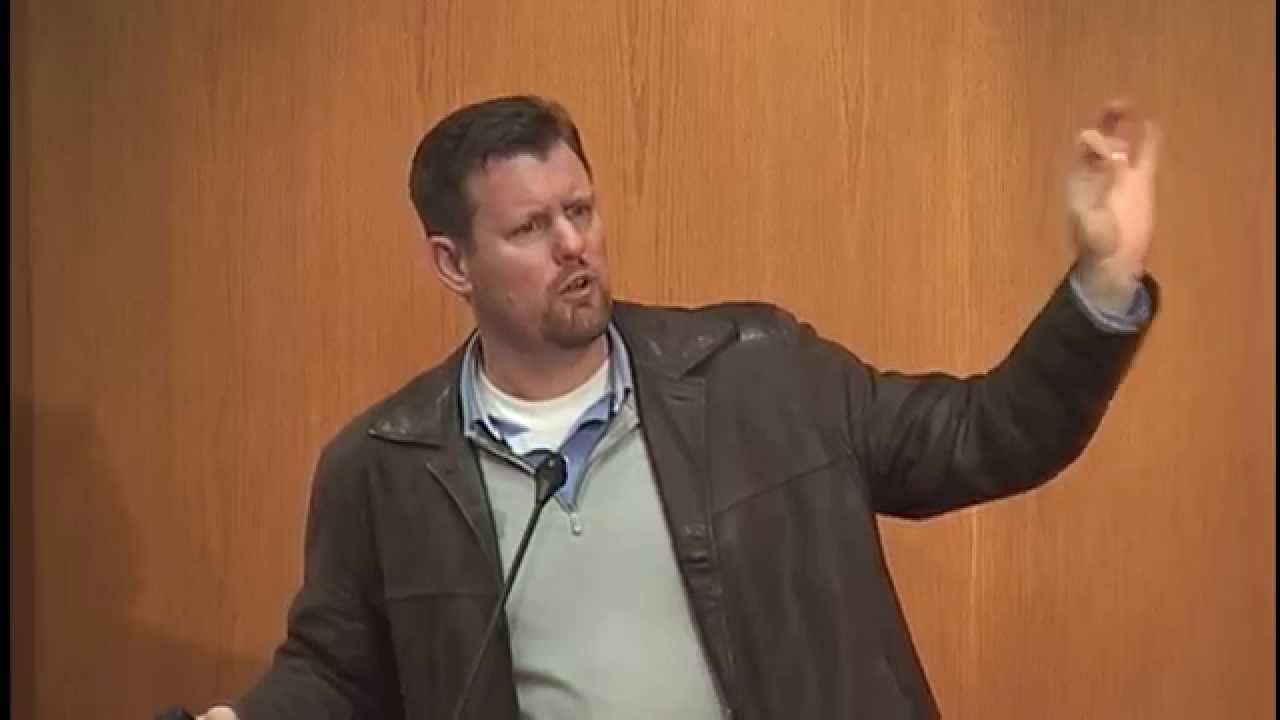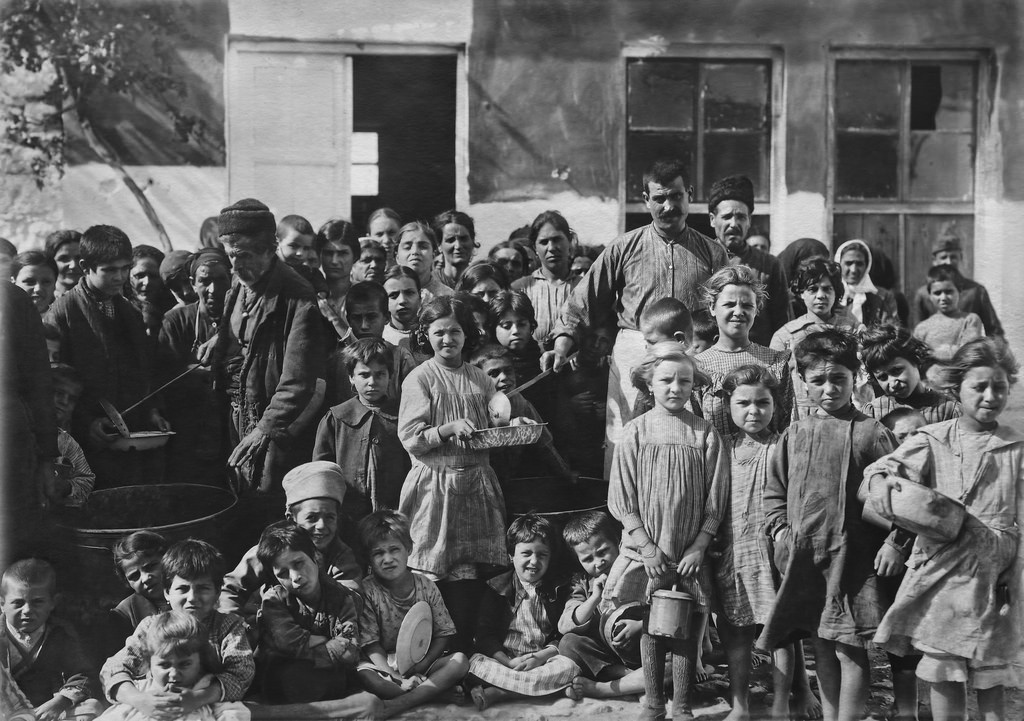AIAS Guest Lecture: The Middle East Refugee Crisis: A World-War-I Legacy
Info about event
Time
Location
The AIAS Auditorium, Building 1632, Høegh-Guldbergs Gade 6B, 8000 Aarhus C


Currently there are over 20 million forcibly displaced persons (refugees and internally displaced persons/IDPs) throughout the Middle East and North Africa (MENA), particularly in Iraq, Kurdistan, Libya, Palestine, Syria, Turkey and Yemen. This is just a segment of over 65 million forcibly displaced persons worldwide representing the greatest global refugee crisis since World War II. The immediate causes of the current MENA crisis include: 1) the United States’ Global War on Terror and invasions of Afghanistan and Iraq; 2) the intractable Palestinian-Israeli Conflict; 3) Turkey’s brutal counter-insurgency against its Kurdish population; 4) the Arab Uprisings and subsequent civil wars in Libya, Syria, and Yemen; 5) the entrenchment of Al-Qaeda and the rise of ISIS; and 6) regional rivalries and proxy wars backed by larger geo-political struggles for power and influence in MENA. Each immediate cause, however, represents the manifestation of systemic factors entrenched by WWI and its aftermath that have created a continuum of forced migration and dispossession in the Middle East and North Africa.
This lecture argues that the current MENA refugee and IDP crisis is the net result of an ongoing combination of Western imperialism and interventionism, geo-political and regional rivalries, nativist nationalisms that wed access to power with ethno-religious identity, nation-state construction, and the integration and peripheralization of MENA into the global capitalist economy. WWI and its immediate aftermath entrenched this toxic cocktail in the Middle East and North Africa causing a systemic continuum of displacement and dispossession in MENA culminating in the current crisis. This lecture provides an overview of this process with reference to specific examples illustrating its development and consequences over the course of the twentieth century.
More about the speaker
Kent Schull is Associate Professor of history at Binghamton University, SUNY. He received his doctorate from UCLA (2007) and is a twice Fulbright scholar to Turkey. His publications include Prisons in the Late Ottoman Empire: Microcosms of Modernity (EUP, 2014), two co-edited volumes: Living in the Ottoman Realm: Sultans, Subjects, and Elites (IUP, 2016) and Law and Legitimacy in the Ottoman Empire & Republic of Turkey (IUP, 2016), several articles, and book chapters. He is currently serving as the editor of the Journal of the Ottoman and Turkish Studies Association (JOTSA) and the book series editor for Edinburgh Studies on the Ottoman Empire. His research and teaching interests include the social and cultural history of the Ottoman Empire and modern Middle East, criminal justice, Middle East Diaspora Studies, Israeli-Palestinian Conflict, and the Middle East Refugee Crisis.
Participation
The seminar is open to all, free of charge and will take place on December 10 from 13:00-15:00 in the AIAS Auditorium, Building 1632, Høegh-Guldbergs Gade 6B, 8000 Aarhus C. Coffee and tea will be served.
Contact and organizer
Darin N. Stephanov, AIAS-COFUND Fellow
dstephanov@aias.au.dk
Aarhus Institute of Advanced Studies (AIAS)
Høegh-Guldbergs Gade 6B
DK-8000 Aarhus C
Denmark
